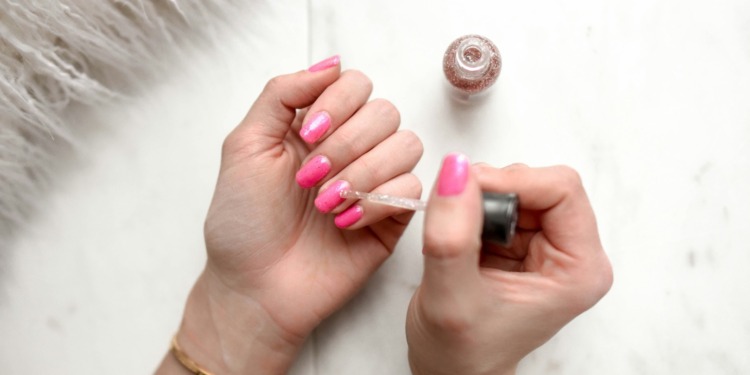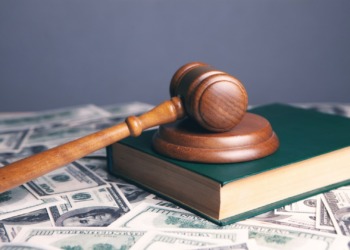Sustainability in the beauty industry has always been a hot topic, particularly in the last few years. However, there has been an issue with accountability and slow progress. Still, as consumers become more aware and involved in the ESG concerns in the supply chain, such as packaging or production, brands gain new accountability. Regrettably, ill-form practices such as greenwashing are still present in today’s beauty market because of clear reporting and regulations lacking in regard to sustainability.
The beauty industry, like fashion, has a massive environmental impact. This includes harmful practices related to product chain sustainability, ingredient sourcing, packaging, and waste. Many brands claim to be adopting greener methods, but are these efforts genuine or just surface-level?
Related Articles: How Sustainable Is Kylie Cosmetics? | Animal Testing for Cosmetics
The Good on You study
Good on You is a platform that focuses on the assessment of ESG sustainability of brands worldwide who were involved in an exhaustive report on the cosmetic sector in particular: they analysed 239 beauty and wellness brands. They used 42-point-long criteria, which included factors such as materials in packaging, microplastic presence and animal testing, evaluating all sizes of brands, from niche indies to global chains, in order to provide a broader look into present-day industry practices.
One of the key takeaways from the Good On You study is the alarming lack of transparency in ingredient sourcing. A staggering 90% of brands use fragrances in their products, yet 72% do not fully disclose the ingredients. This raises serious concerns about the potential impact on human health and the environment. Furthermore, only 20% of these brands report their greenhouse gas emissions or their reduction strategies, leaving customers in the dark about the actual environmental footprint of their products.
Product chain sustainability challenges
Transparency is just a singular example of a challenge which is holding back a sustainable evolution in the cosmetics industry. In an industry where packaging waste is one of the most significant contributors to environmental pollution, a low 15% offer refillable options on more than a ⅓ of their products. A worrying statistic, to say the least.
Another critical issue is fair wages for workers across the supply chain. Good On You found that 84% of brands have done little to ensure ethical labour practices. This is a stark reminder that sustainability in the beauty industry must also include social and economic fairness.
Animal testing and ethical standards
Despite the rapid rise and attention to animal cruelty-free claims, there is still a significant failure to substantiate these claims as 78% of brands fail to have any proper certification to prove there is no animal testing. Calling attention to the ethical position of brands who make ESG-related claims, particularly those towards sustainability and being cruelty-free.
Holding brands in the cosmetics and wellness industry is essential for strong environmental and ethical practices. SMEs should take advantage of ESG reporting tools which can aid in adopting sustainable solutions such as IMPAKTER PRO, helping with reporting and improving sustainability can be improved across the supply chain.
***
This article is referenced from Beauty industry and sustainability: the situation today by NSS G-Club.
Editor’s Note: The opinions expressed here by the authors are their own, not those of impakter.com — Cover Photo Credit: Element5Digital










